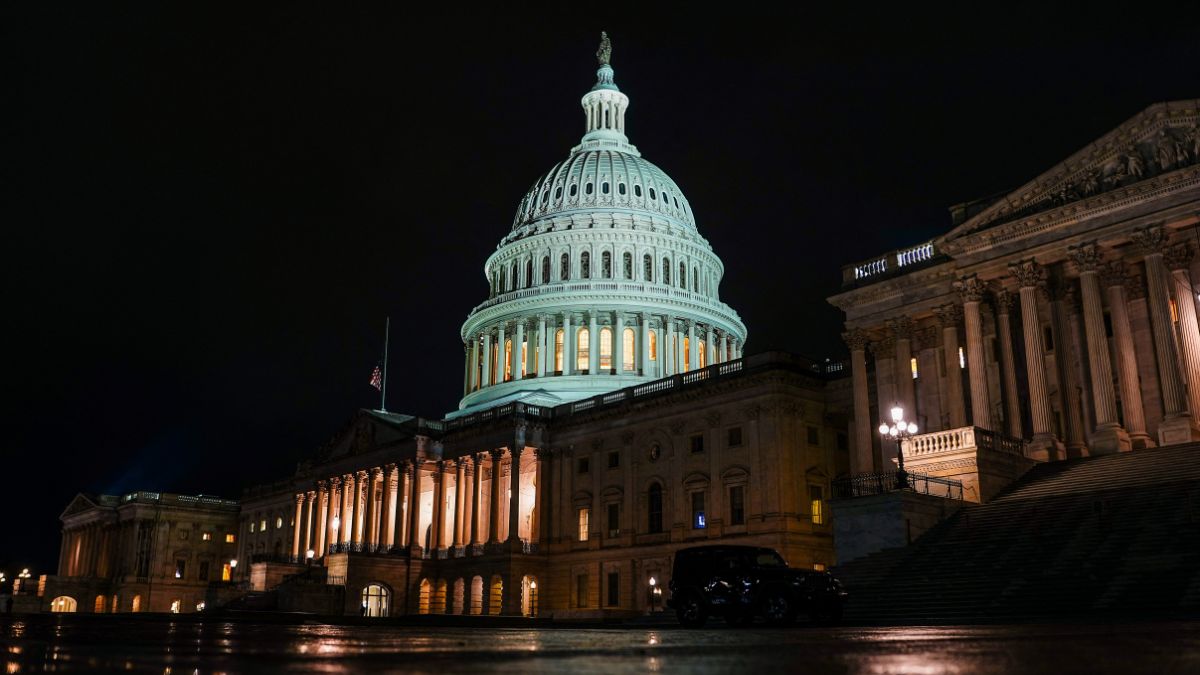The House Rules Committee advanced a crucial funding measure aimed at ending the longest government shutdown in US history, moving the bill to the House floor for a final vote on Wednesday.
The measure, which already passed the Senate on Monday, cleared the procedural hurdle on an 8-4 vote, representing the first significant step by the House to restore full government operations after over a month of halted services, widespread flight delays, and furloughed federal workers.
House lawmakers are scheduled to return to the capital Wednesday afternoon to vote on the deal. The bipartisan Senate-negotiated measure is designed to fund military construction, veterans’ affairs, the Department of Agriculture, and the legislative branch through September 30, while funding the rest of the government through January 30.
Despite the urgent need to reopen the government, the funding package is facing strong opposition due to two controversial exclusions and inclusions.
Crucially, the measure excludes an extension of Affordable Care Act (ACA) subsidies, a key Democratic demand. These subsidies are set to expire at the end of the year, potentially leading to increased health insurance premium costs for millions of Americans.
Democratic leaders, including House Minority Leader Hakeem Jeffries and Democratic Whip Katherine Clark, proposed an amendment to extend the subsidies for three years, which was swiftly rejected by Republicans.
Quick Reads
View AllAdding to the friction is a provision that would allow sitting senators to sue for $500,000 if their data was obtained during an investigation into President Trump without prior notification. The provision is retroactive to 2022 and specifically targets phone record seizures conducted as part of former special counsel Jack Smith’s January 6 Capitol attack probe.
Several Republicans, including Representatives Austin Scott and Chip Roy, voiced strong disapproval of the lawsuit provision. Roy called the measure “self-serving, self-dealing kind of stuff.” However, these Republicans indicated they would prioritize passing the funding bill to reopen the government immediately over delaying the process by removing the amendment and sending the measure back to the Senate.
Nearly all House Democrats are reportedly opposed to the current funding measure, yet the bill is still widely expected to pass the lower chamber on Wednesday due to sufficient Republican support.
President Trump, when asked about the Senate deal, offered a cautious approval, stating, “I think based on everything I’m hearing they haven’t changed anything, and we’re going to be opening up our country.”
)